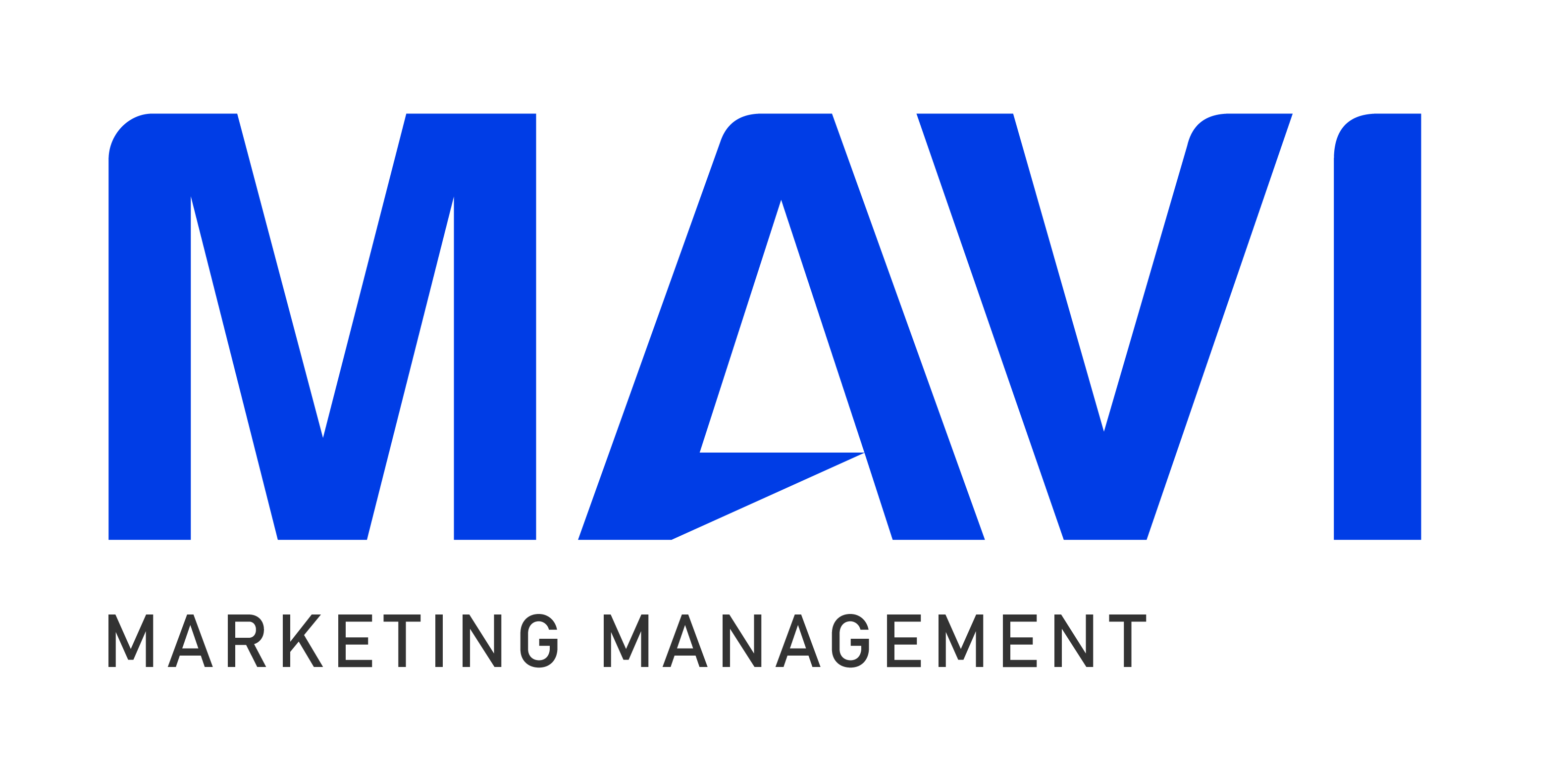Why SEO is the Backbone of Any Successful Digital Marketing Strategy
In the fast-paced, digital-first world of today, visibility is everything. No matter how impressive your products or services are, if your audience can’t find you online, you’ll be overshadowed by competitors. This is where Search Engine Optimization (SEO) comes in. SEO isn’t just another marketing tactic—it’s the foundation that supports your entire digital marketing strategy.
In this blog post, we’ll dive deep into why SEO is so essential for your business, how it drives sustainable growth, and the key components of an effective SEO strategy that can take your business to the next level.
What is SEO?
SEO, or Search Engine Optimization, is the process of optimizing your website and online content to increase visibility and rank higher on search engine results pages (SERPs) like Google. The goal is to attract more organic (non-paid) traffic to your website by making it easier for search engines to understand your content and recommend it to users searching for relevant information.
While SEO may seem complex, its purpose is simple: to ensure that when potential customers search for terms related to your business, they find your website—not your competitor’s.
Why is SEO So Important?
- Increased Visibility and Website Traffic
- Better User Experience
- Credibility and Trust
- Cost-Effective Marketing
- Competitive Advantage
- On-Page SEO
- Keyword Research: Identify the search terms your target audience is using and incorporate them naturally into your content.
- Meta Tags: Optimize title tags, meta descriptions, and alt tags for images.
- Content Quality: Create valuable, relevant, and informative content that answers users’
- User-Friendly URLs: Ensure your URLs are concise, descriptive, and contain relevant keywords.
- Internal Linking: Use internal links to guide users to relevant content within your website, improving navigation and SEO.
- Off-Page SEO
- Link Building: Earn high-quality backlinks from authoritative websites to improve your domain’s authority.
- Guest Blogging: Write articles for other websites in exchange for backlinks.
- Social Media Signals: While not a direct ranking factor, social shares can increase visibility and drive traffic to your website.
- Brand Mentions: Encourage brand mentions on external websites, even without direct links.
- Technical SEO
- Site Speed: Ensure your website loads quickly, as slow websites are penalized in search rankings.
- Mobile-Friendliness: Optimize your site for mobile users, as Google prioritizes mobile-friendly websites in search results.
- Sitemap and Robots.txt: Submit a sitemap to search engines and ensure your robots.txt file allows for proper indexing.
- Secure Website (HTTPS): Google prefers secure websites, so make sure your site uses HTTPS rather than HTTP.
- In-depth keyword research
- On-page SEO optimization
- Technical SEO audits and fixes
- Link building and off-page SEO strategies
- Content creation and optimization

